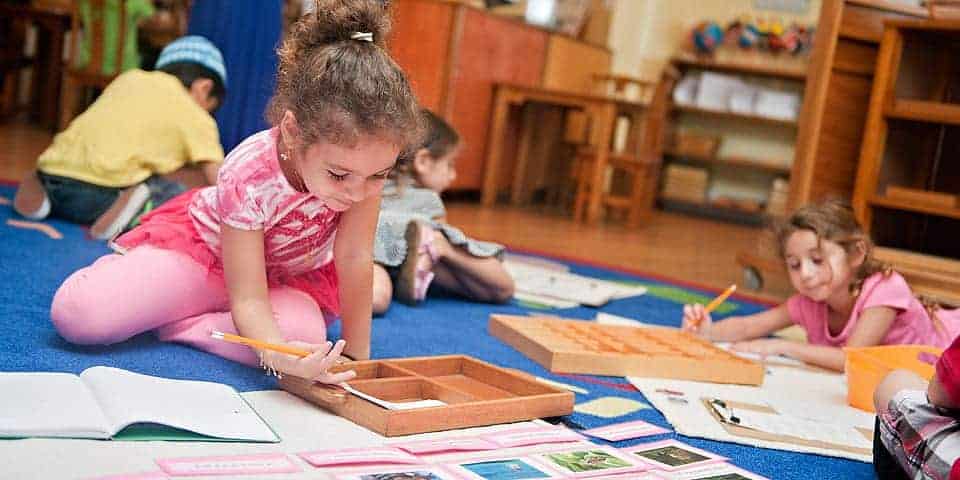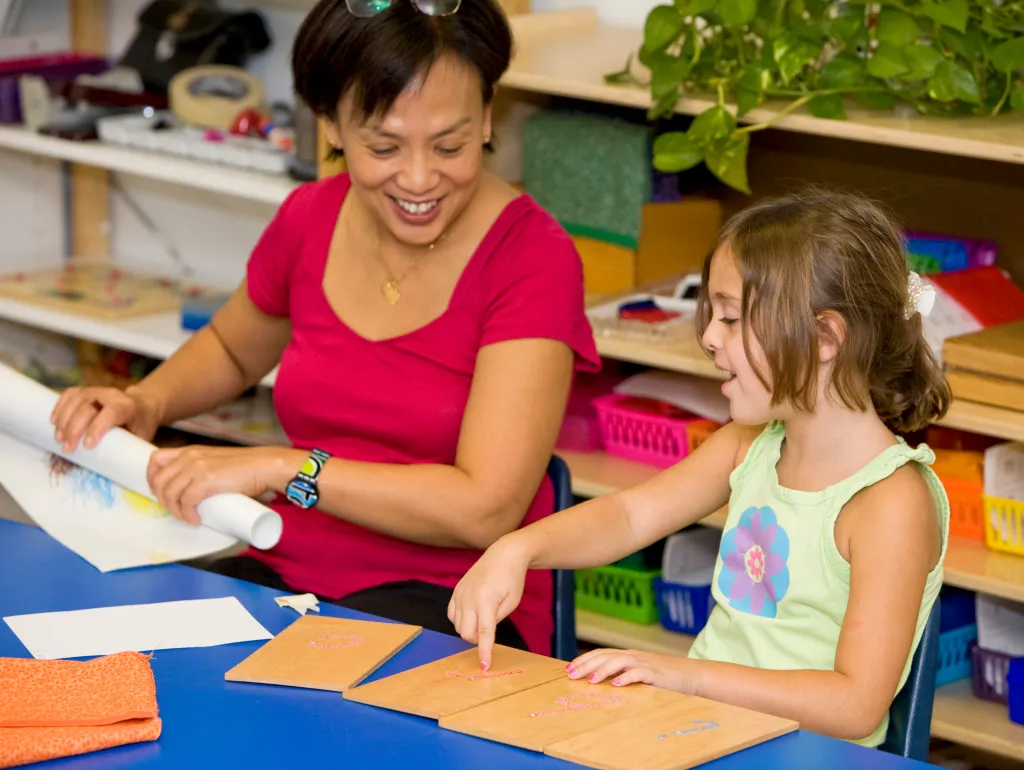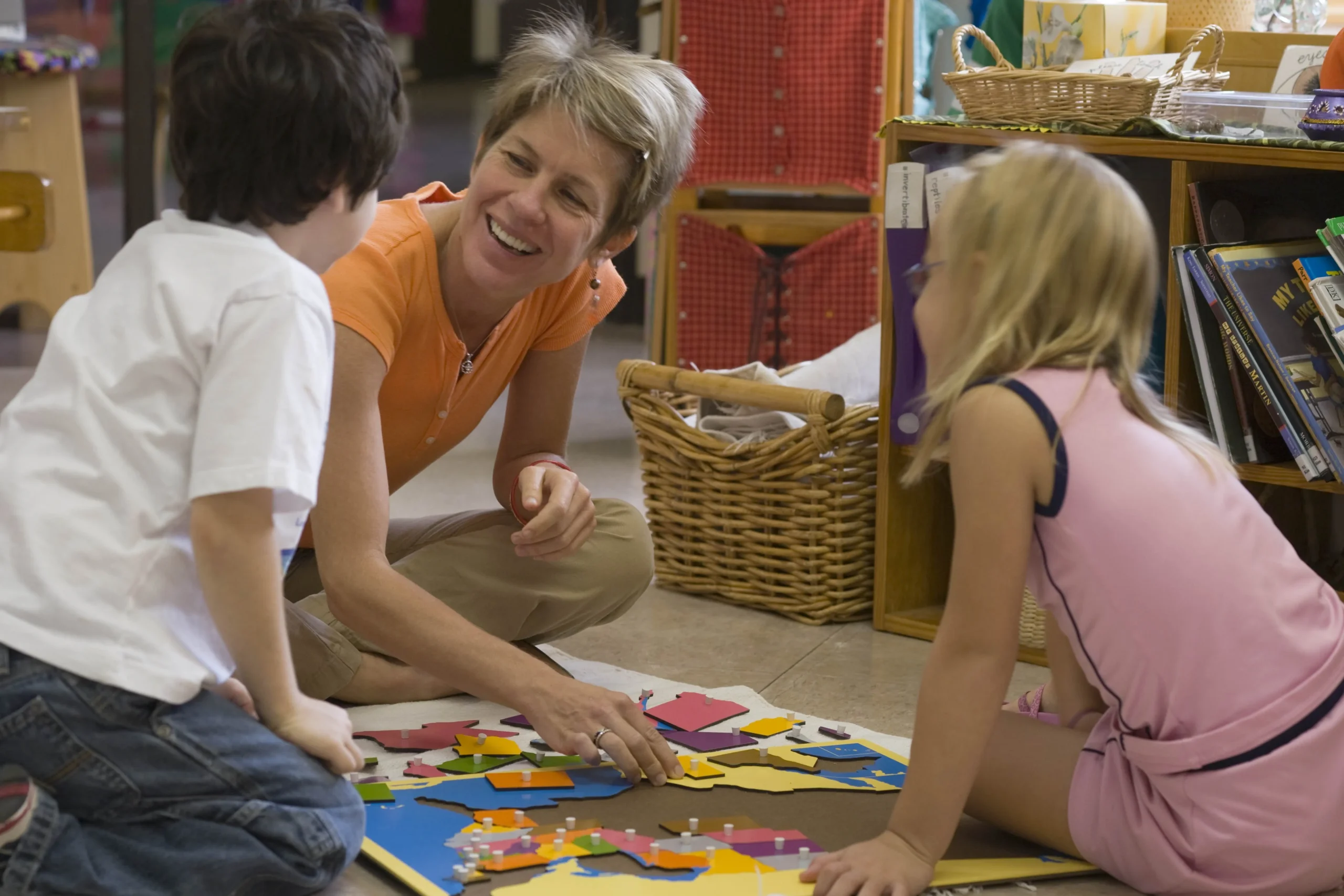Montessori Approach to Religion
Debunking the Myth: Uncovering the Truth About Montessori Schools and Religion
Montessori schools have a rich history of creating exceptional learning environments that promote student success. Despite their innovative teaching approach, some people mistakenly believe that Montessori schools are religious in nature or teach religion. It should be noted that Montessori schools do not have any inherent religious affiliation and do not incorporate religious teachings into their educational programs. While some Montessori schools may include religion as part of their cultural curriculum, they strive to encourage religious exploration and foster respect for spirituality.
This article will delve into the religious roots of Montessori education and how their contemporary teaching methods prioritize the development of human spirituality.

Montessori’s Teaching of Spirituality
Montessori theory places great importance on spirituality in its educational approach, with spirituality being one of the five fundamental tendencies that the curriculum is centered around. The other four tendencies are work, exploration, group behavior, and the mathematical mind, and Montessori believes that when these work together, students will be able to succeed not only in education but also in real life. Moreover, Montessori classrooms teach students four main aspects of spirituality: art, music, dance, and religion, which are present and relevant in every human culture throughout history. By teaching these concepts, Montessori schools encourage students to explore their spirituality and develop it in a healthy manner.
As shown in the Fundamental Human Needs chart, which is widely used in Montessori schools, Dr. Montessori categorized fundamental human needs into two categories: material needs (such as shelter, food, clothing, transportation, defense/safety, communication) and spiritual needs (including love, spirituality/religion, culture including the arts & music, and adornment). The chart is adorned with vibrant illustrations of the aforementioned necessities. Even at a young age, Montessori students grasp the basics of life and later incorporate them into their learning. Montessori believes that being spiritually aware leads to a better educational experience, and that blending material and spiritual needs is crucial.
Montessori schools aim to unite rather than divide individuals when teaching spirituality. Inner peace and a healthy spirit are principles that people of various religions and faiths agree upon. Montessori schools strive to encourage mutual respect and a desire for spirituality amongst children with diverse religious backgrounds.

Dr. Maria’s Spiritual Beliefs
The Montessori method, founded by Dr. Maria Montessori, is a teaching approach that provides a safe and nurturing environment for children. Dr. Maria was an intelligent woman who observed children’s lifestyles and learning methods to create her teaching techniques. Dr. Maria was raised in Italy in the Catholic faith, which influenced her work and personal beliefs. Her beliefs included the sanctity of the human spirit, fraternity, and peace, which can be appreciated by people of all faiths.
As Dr. Maria’s career progressed, she had opportunities to meet with various world leaders, artists, and religious leaders, which influenced her work and ideas. While there is speculation that she may have drifted away from traditional Christian beliefs and was interested in non-European and Eastern religions, this was not proven.
Despite her experiences with different cultures, Dr. Maria believed that spirituality and inner peace are crucial in all aspects of life, including religion. She emphasized that a child’s spiritual journey is an individual experience and that no religion should ever be forced upon them.

Is Montessori Associated with Religion?
Montessori education includes religion in its cultural curriculum, where students learn about the beliefs and history of religions worldwide. Montessori schools aim to teach without any bias towards religion, promoting respect and interest in all religions discussed in the classroom. Cultural fairs are organized by some schools, especially those with diverse student bodies, to celebrate and learn about various cultures and faiths. These festivals and events allow students to feel represented and seen while exploring different religions and cultures. Montessori schools may be privately owned, public, or faith-based, with policies regarding religious education and holiday practices determined by each school. Some Montessori schools are operated by religious organizations and use Montessori methods to teach about specific religions such as Islam, Buddhism, Yoruba, and Shinto.
Certain explicitly religious schools utilize Montessori principles and instructional methods to facilitate religious education, rather than simply incorporating religion as a component of cultural studies. Those who effectively merge faith-based education with Montessori teaching prioritize fostering direct engagement, as well as encouraging children’s active involvement in the expression of their faith through rituals and services. Faith-based Montessori learning emphasizes individual contemplation and learning.
